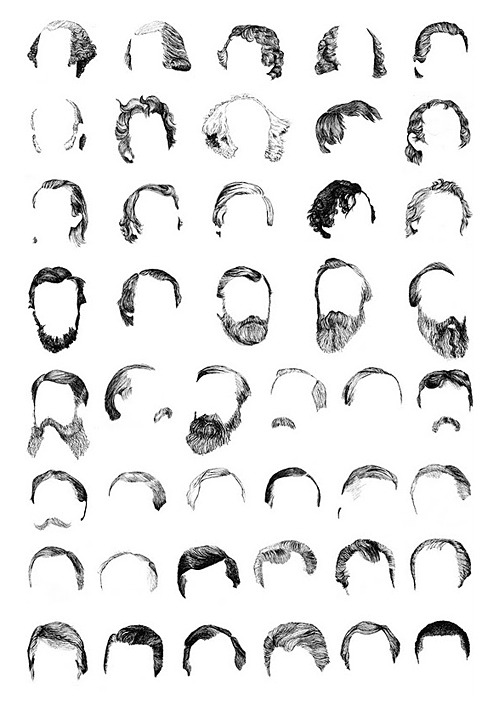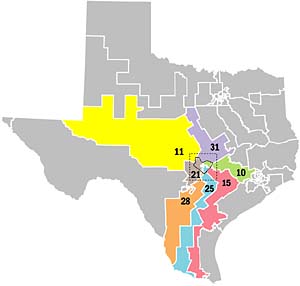The previous post touched on that question, and since 2305 and 2306 students should be looking at the respective Bills of Rights in the U.S. and Texas Constitutions, it's worth linking to a few items focused on whether such a right exists. It's certainly not listed in the Bill of Rights, but neither is the right to privacy, contract, and work among many other things people believe they have a right to do.
The U.S. Supreme Court has dealt with this issue before though largely because medical science has developed ways to keep people alive seemingly indefinitely in vegetative states. The question is whether people can let it be known that they do not wish to be kept alive artificially - or to not be resuscitated.
Here's a look at some of these cases (text is from Oyez):
-
Cruzan v. Director, Missouri Department of Health.
Question: Did the Due Process Clause of the Fourteenth Amendment permit Cruzan's parents to refuse life-sustaining treatment on their daughter's behalf?
Decision: In a 5-to-4 decision, the Court held that while individuals enjoyed the right to refuse medical treatment under the Due Process Clause, incompetent persons were not able to exercise such rights. Absent "clear and convincing" evidence that Cruzan desired treatment to be withdrawn, the Court found the State of Missouri's actions designed to preserve human life to be constitutional. Because there was no guarantee family members would always act in the best interests of incompetent patients, and because erroneous decisions to withdraw treatment were irreversible, the Court upheld the state's heightened evidentiary requirements.
-
Vacco v. Quill.
Question: Did New York's ban on physician-assisted suicide violate the Fourteenth Amendment's Equal Protection Clause by allowing competent terminally ill adults to withdraw their own lifesaving treatment, but denying the same right to patients who could not withdraw their own treatment and could only hope that a physician would do so for them?
Decision: Employing a rationality test to examine the guarantees of the Equal Protection Clause, the Court held that New York's ban [on physician assisted suicide] was rationally related to the state's legitimate interest in protecting medical ethics, preventing euthanasia, shielding the disabled and terminally ill from prejudice which might encourage them to end their lives, and, above all, the preservation of human life. Moreover, while acknowledging the difficulty of its task, the Court distinguished between the refusal of lifesaving treatment and assisted suicide, by noting that the latter involves the criminal elements of causation and intent. No matter how noble a physician's motives may be, he may not deliberately cause, hasten, or aid a patient's death.
-
Gonzales v. Oregon.
Question: Did the Controlled Substances Act authorize the attorney general to ban the use of controlled substances for physician-assisted suicide in Oregon?
Decision: No. In a 6-3 opinion delivered by Justice Anthony Kennedy, the Court held that Congress intended the CSA to prevent doctors only from engaging in illicit drug dealing, not to define general standards of state medical practice. Moreover, the CSA did not authorize Attorney General John Ashcroft to declare a medical practice authorized under state law to be illegitimate.
So it seems that the principle of federalism plays the key role here. It's up to each state to determine whether their citizens have a right to die. The national government has no authority to limit that right. The court has never ruled on whether the national government can force states to recognize such a right largely because no federal court has tried to do so. It might be a interesting exercise to determine whether such an argument could be sustained.

.jpg/1280px-Magna_Carta_(British_Library_Cotton_MS_Augustus_II.106).jpg)




